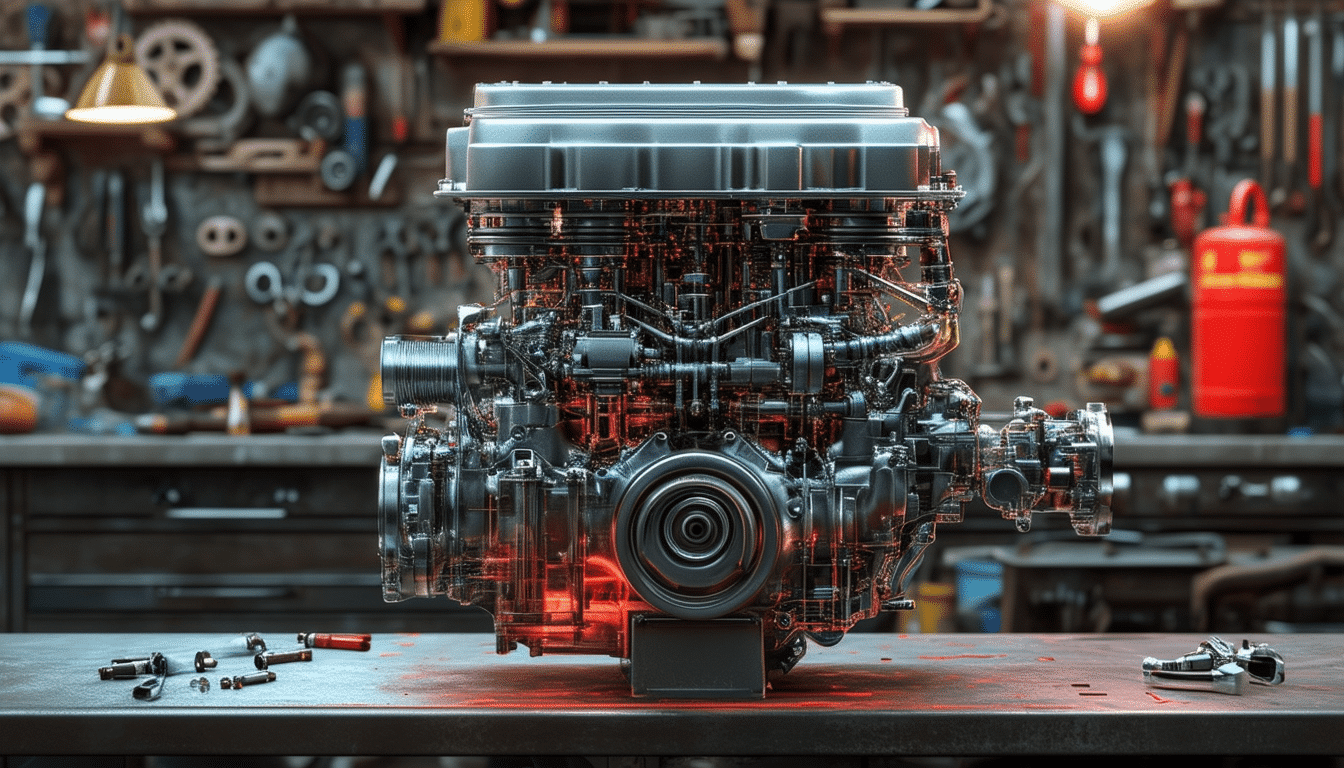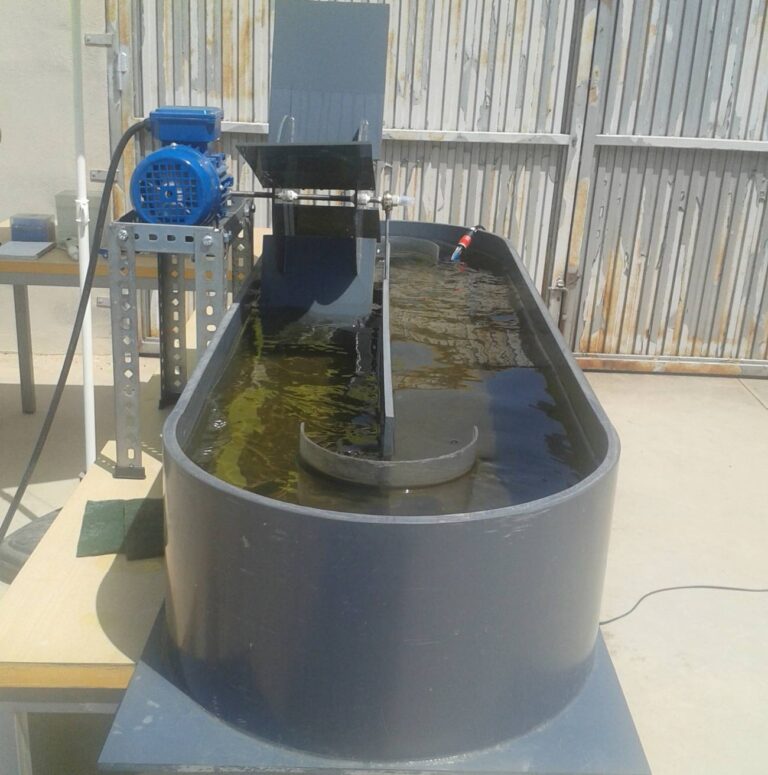El secreto detrás del motor de gasolina: lo que nunca te contaron

The gasoline engine is a marvel of engineering that powers our vehicles with a combination of controlled combustion and sophisticated technology. While many drivers enjoy the roar and power that these engines provide, there are numerous lesser-known aspects that make this incredible machinery work. From the internal mechanisms to maintenance practices, the world of the gasoline engine hides fascinating secrets that often go unnoticed.
The gasoline engine is one of the most fascinating and complex components of a car. Although its basic operation is known by many, it conceals a series of secrets and technical details that are rarely disclosed. In this article, we will explore those lesser-known aspects, from the internal processes of combustion to the most effective ways to maintain and protect this valuable component.
The magic of combustion
The next time you hear the roar of your engine, remember that behind each controlled explosion lies the magic of combustion. This process occurs when air and fuel mix and ignite, generating small explosions that push the pistons and ultimately move your car. It’s a ballet of precision where each element must be in perfect sync to avoid damage and ensure optimal performance.
The side of the gas tank
A common inquiry among drivers is to know which side the gas tank is on. Generally, this is indicated subtly on the car’s instrument panel, with a small arrow next to the fuel icon. A small but essential detail to avoid inconveniences at gas stations.
Hidden functions of the remote control
Few people are aware of all the functionalities that the remote control of their car offers. In addition to opening and closing the doors, some remotes allow you to close the windows or even open the trunk remotely. These features can be particularly useful in unexpected situations or when you’re in a hurry.
Avoid filling the tank more than necessary
Although many believe that filling the gas tank to the brim is a good practice, the reality is that it can cause problems. A valve designed to dissipate gasoline vapors may be affected, which in the worst-case scenario could result in costly repairs. It’s better to avoid filling the tank beyond the automatic cut-off of the pump.
The longevity of the engine: how long can it last?
The lifespan of a gasoline engine depends on multiple factors, including driving style, maintenance, and the conditions in which the car is used. However, with proper maintenance, an engine can easily surpass 200,000 kilometers without the need for major repairs.
Protecting the engine from bad fuel
Using low-quality fuel can be disastrous for your car’s engine. Using poor quality gasoline or diesel can lead to residue buildup and damage critical engine components. It is always advisable to opt for good quality fuels and follow the manufacturer’s recommendations.
Efficient driving with gasoline
Efficient driving not only prolongs the life of the engine but also helps save fuel. Using longer gears and maintaining low revolutions are recommended practices to improve efficiency and reduce consumption. Additionally, maintaining a constant speed and avoiding harsh accelerations also significantly contribute.
What happens if water enters the tank?
Water in the gasoline tank can be very harmful. Although a small drop is unlikely to cause problems, a significant amount can lead to corrosion and internal engine damage. It is important to ensure that the tank is always well-sealed and to regularly check the vehicle for possible leaks.
Comparison with other types of engines
When comparing gasoline and diesel engines, each type has its advantages and disadvantages. Gasoline engines are usually lighter and offer higher top speeds, while diesel engines are more efficient in terms of fuel consumption. The choice of the right engine depends on the specific needs of the driver.
For more information on the latest trends and tips in the automotive world, you can read this definitive ranking of cars according to experts, as well as explore the advantages of car sharing and many other topics of interest.
The gasoline engine is a marvel of engineering that has powered vehicles for over a century. However, many of its mysteries remain unknown to most drivers. For instance, few know that the key to its operation lies in controlled combustion, a process that converts the chemical energy of fuel into mechanical energy.
A lesser-discussed characteristic is the location of the gas tank. While it may seem a minor detail, knowing which side it is on can greatly ease the refueling experience, especially at busy gas stations. Additionally, few are aware that, thanks to modern technology, many car windows can be closed with the simple use of the remote control.
It is crucial to know how to protect the gasoline engine from poor quality fuel. Using low-quality gasoline can damage internal components and affect performance. Furthermore, while most drivers do not need to worry about catastrophic failures, it is useful to be aware of elements such as the valve for dissipating gasoline vapors, which can provoke certain myths and misinformation.
Another fascinating aspect is driving efficiency. Using longer gears and maintaining low revolutions can not only save fuel but also prolong the engine’s lifespan. Similarly, it is important to understand that factors such as water entering the gasoline tank can be disastrous, causing significant damage and requiring costly repairs.
The gasoline engine has a considerable lifespan if properly cared for. Regular maintenance, the use of high-quality fuels, and efficient driving can extend its lifespan to hundreds of thousands of kilometers. Although diesel engines have certain advantages, gasoline engines remain preferred by many due to their performance and more refined driving habits.
In summary, understanding these secrets and care can transform the way we interact with our vehicles, improving efficiency, safety, and the longevity of the engine. Thus, every time you hear the roar of the engine, you will remember that behind that sound lies a complex and fascinating machinery that deserves our respect and attention.




